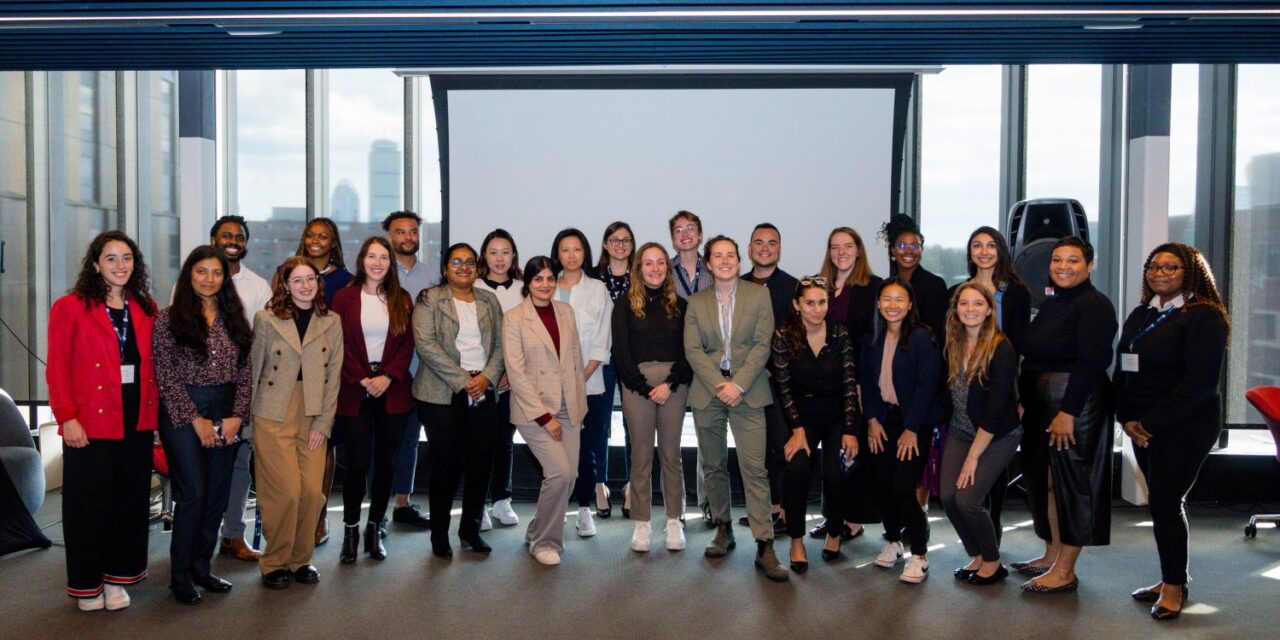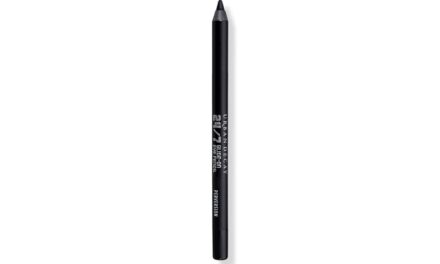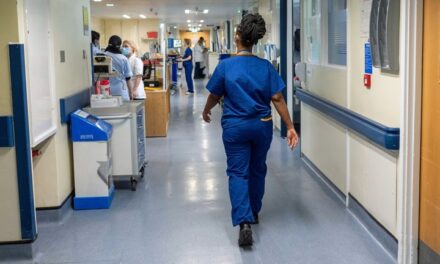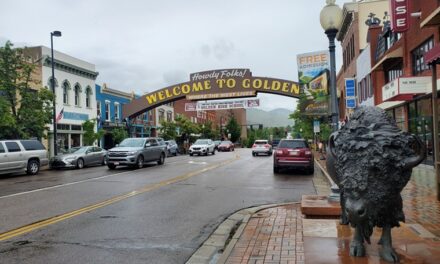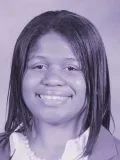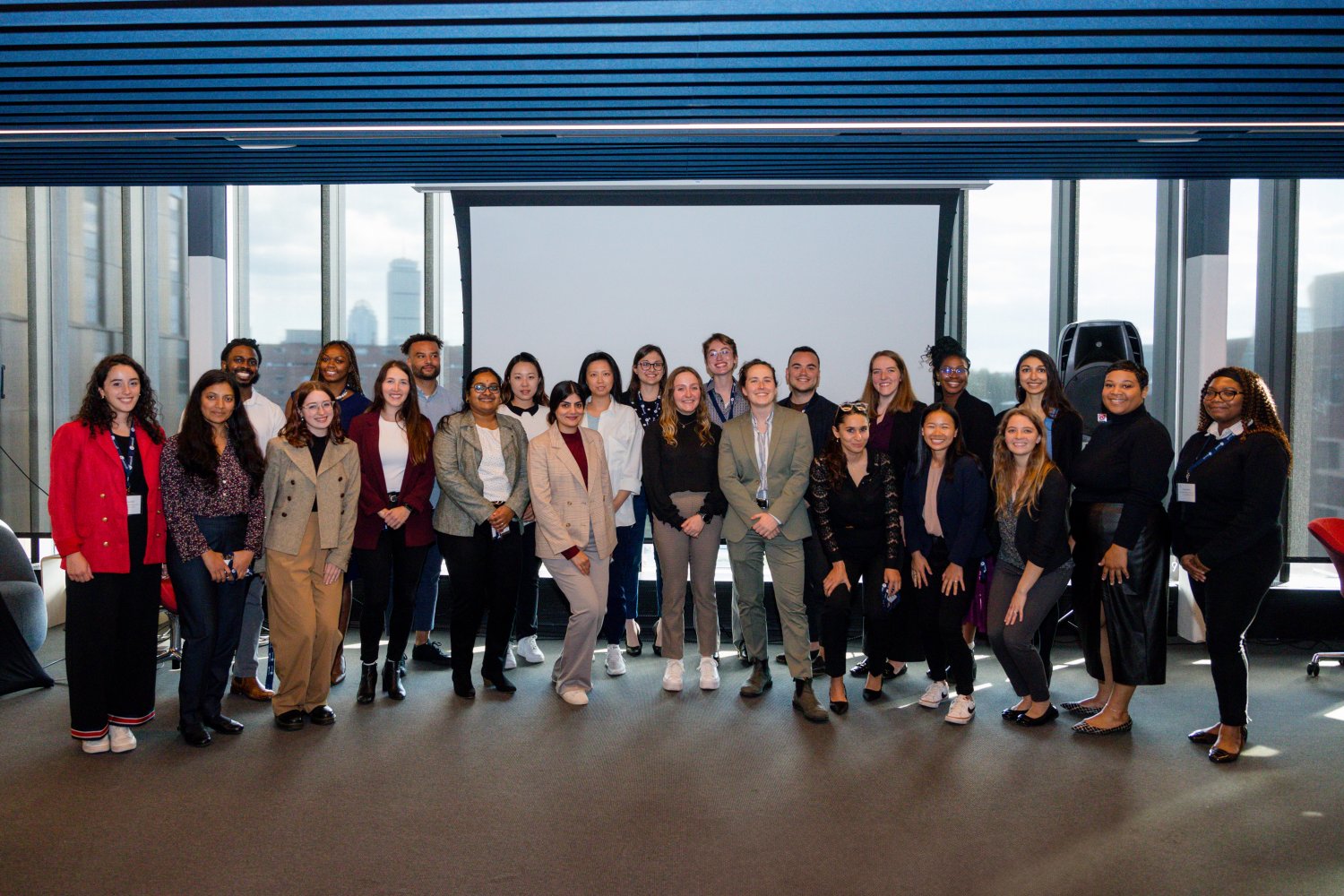
MIT’s Department of Aeronautics and Astronautics (AeroAstro) recently hosted the 2023 Future Leaders in Aerospace Symposium, inviting women and underrepresented minorities in aerospace fields to campus for a two-day program. The symposium was open to applications from recent graduates and students within one to two years of earning their PhD, with the goal of helping early-career academics to launch and navigate an academic career in aerospace engineering.
Hosted annually, the event’s co-sponsors included the Department of Aeronautics and Astronautics at Stanford University, the Ann and H. J. Smead Department of Aerospace Engineering Sciences at the University of Colorado at Boulder, and the Penn State Department of Aerospace Engineering. MIT AeroAstro began the program as “Rising Stars” nearly a decade ago as a way to offer its growing population of women engineers a pathway to leadership and research careers. Partner universities soon signed on to co-sponsor and co-host the event, spurred on by MIT alumni entering those universities’ faculties and bringing with them their enthusiasm for the program. Since then the program has expanded to include people of color and LGBTQ+ individuals, all of whom have historically been underserved by academia.
“We started this many years ago so that we could convene, meet each other, know each other, because you are the future leaders we’re counting on,” Dava Newman, Apollo Program Professor of Astronautics, told participants in her opening remarks.
“This event is an opportunity to share our knowledge and experiences about the faculty search process as well as to hear the latest in research from the participants’ lightning talks,” says Professor Kerri Cajoy, chair of AeroAstro’s Diversity, Equity, and Inclusion committee. “Connecting with the other senior faculty, junior faculty, and keynote speakers in attendance and hearing their perspectives and experiences is also valuable.”
A practical guide to academia
This year’s Future Leaders in Aerospace focused on the pragmatic realities of establishing an academic career. The participants, representing 13 universities from across the United States, presented their research to their peers and faculty for feedback — an early jump on the job talks that are a key part of any faculty search. These technical sessions spanned a huge array of topics across aerospace fields, from Ariel Black’s (Purdue University) “Characterizing Cislunar Fragmentation Events” to Tara Mina’s (Stanford) “Toward the Next Generation of GPS,” underscoring the diversity of interests and perspectives and new ideas.
“This has been amazing, I’m really loving the opportunity to network and get to know my peers in the same place in their careers as me,” said Anaiya Reliford (Howard University.) “It’s great to see how different everyone’s work is. It really shows the interdisciplinary nature of aerospace fields.”
Faculty panels offered advice and insights based on experience. “Starting Your Career,” moderated by Professor Chuchu Fan, covered such topics as fundraising and grant writing, launching a research group, and getting teaching experience. Their advice ranged from the starkly practical — “The best way to write a really good research proposal is to write a lot of bad ones first” — to the nuanced and heartfelt.
“You’ll get more support than you expected. When I first went on the job market I’d just had my son, he was several months old. I wondered if I should wait a year or more before even applying,” Fan told the participants. “But I found that if you ask for help, people are really willing to offer it. I got offers like, you can bring your baby to the interview. If you don’t have a nanny we can hire one while you’re here. I could ask for breaks during the interviews. Don’t hesitate over whether this is a good time — don’t be afraid to ask for what you need.” Fan herself attended a Rising Stars in EECS (Electrical Engineering and Computer Science) workshop as a PhD in 2016, before joining the MIT faculty in 2020.
The other panels — the Faculty Application Process, moderated by Professor Kerri Cahoy; Mentoring, Tenure, and Promotion, moderated by Professor Dan Hastings; and Work-Life Balance, moderated by Professor Carmen Guerra-Garcia — all struck similar notes of honest candor. Some common themes emerged across all of the panels, as well as the keynotes from Heidi Hammel (NASA/James Webb Space Telescope), Sonya Smith (Howard University), and Zachary Cordero (MIT). Among these were the necessity of learning by doing, accepting failure as part of the process, and, perhaps most of all, just going for it — whatever “it” is, whether applying for tenure-track faculty jobs, submitting multi-million dollar research proposals, or asking for housing and child care.
Professor Lonnie Peterson summed it up succinctly: “There’s never a perfect time to apply, you have to just do it. Maybe there’s never a right time in general, for anything — so if you flip that, one time is as good as any.”

